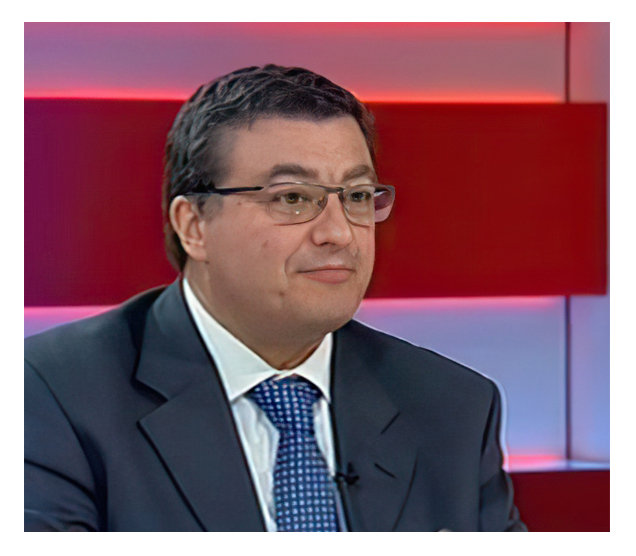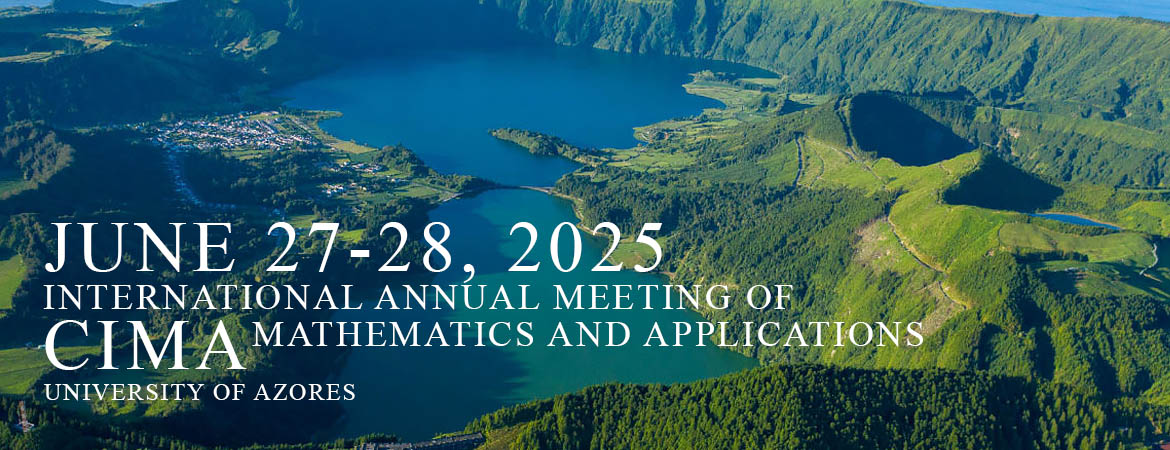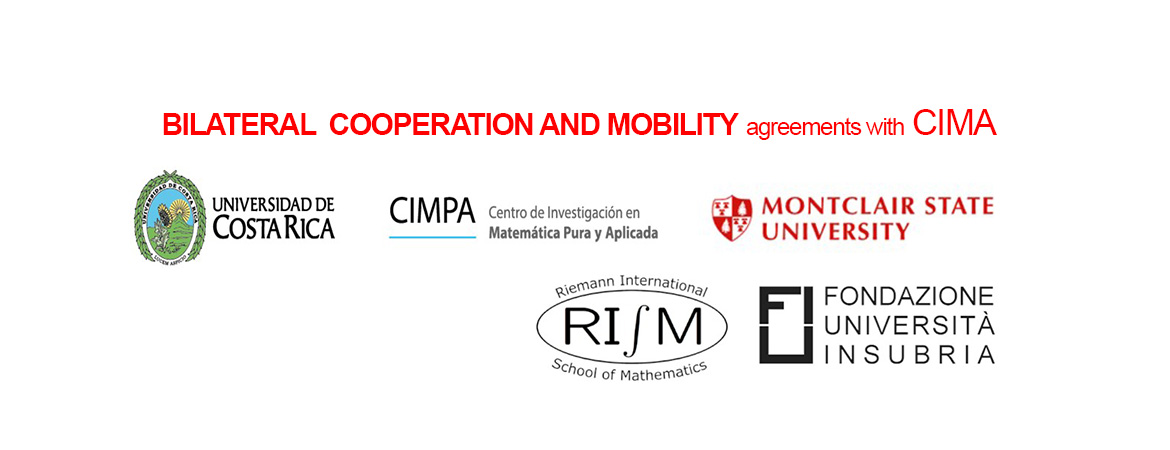CIMA was founded in 1994 and since then has been growing gradually, being, at present, a research center classified by the Foundation for Science and Technology as Very Good, including 67 researchers from several Portuguese and foreign Universities, from several Polytechnic Institutes, and other institutions that are not directly linked to Higher Education.
 From an administrative point of view, CIMA is composed of three pole: University of Évora (host entity), University of Madeira and Instituto Superior de Engenharia de Lisboa.
From an administrative point of view, CIMA is composed of three pole: University of Évora (host entity), University of Madeira and Instituto Superior de Engenharia de Lisboa.
This physical dispersion throughout the national territory, and the fact that CIMA integrates researchers from all over the national territory, as well as members of foreign institutions, gives CIMA the possibility of integrating various realities to act and assume a strategy at regional, national, and international levels.
In this sense, our global objective is to contribute to the development of Mathematics, obtaining new theories, new methods, and processes, which allow for innovative results, mainly in the areas of Nonlinear Analysis, Algebra, Geometry, Statistics and Theory. of Probability, among others, as well as in its applications to several areas of knowledge.
Regarding society in general, CIMA, as a center, and the integrated researchers, seek to respond to specific situations that are pressing from the country or from social and/or economic sectors.
This structured development allowed us to reach a remarkable level, nationally and internationally. However, we aim to improve and progress, and it is with this objective that we will continue to work and innovate in Mathematics and Science.
Director of CIMA






























